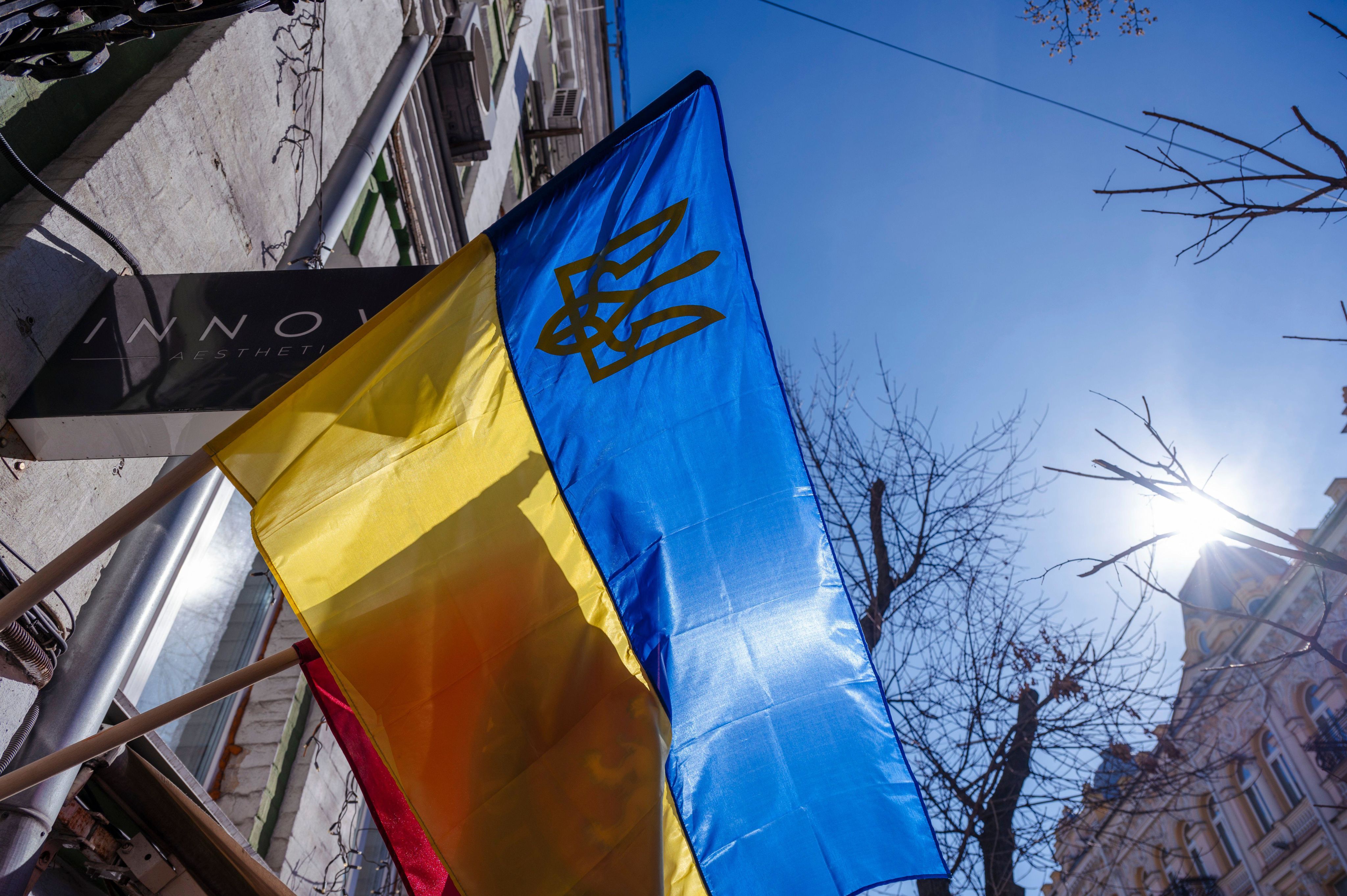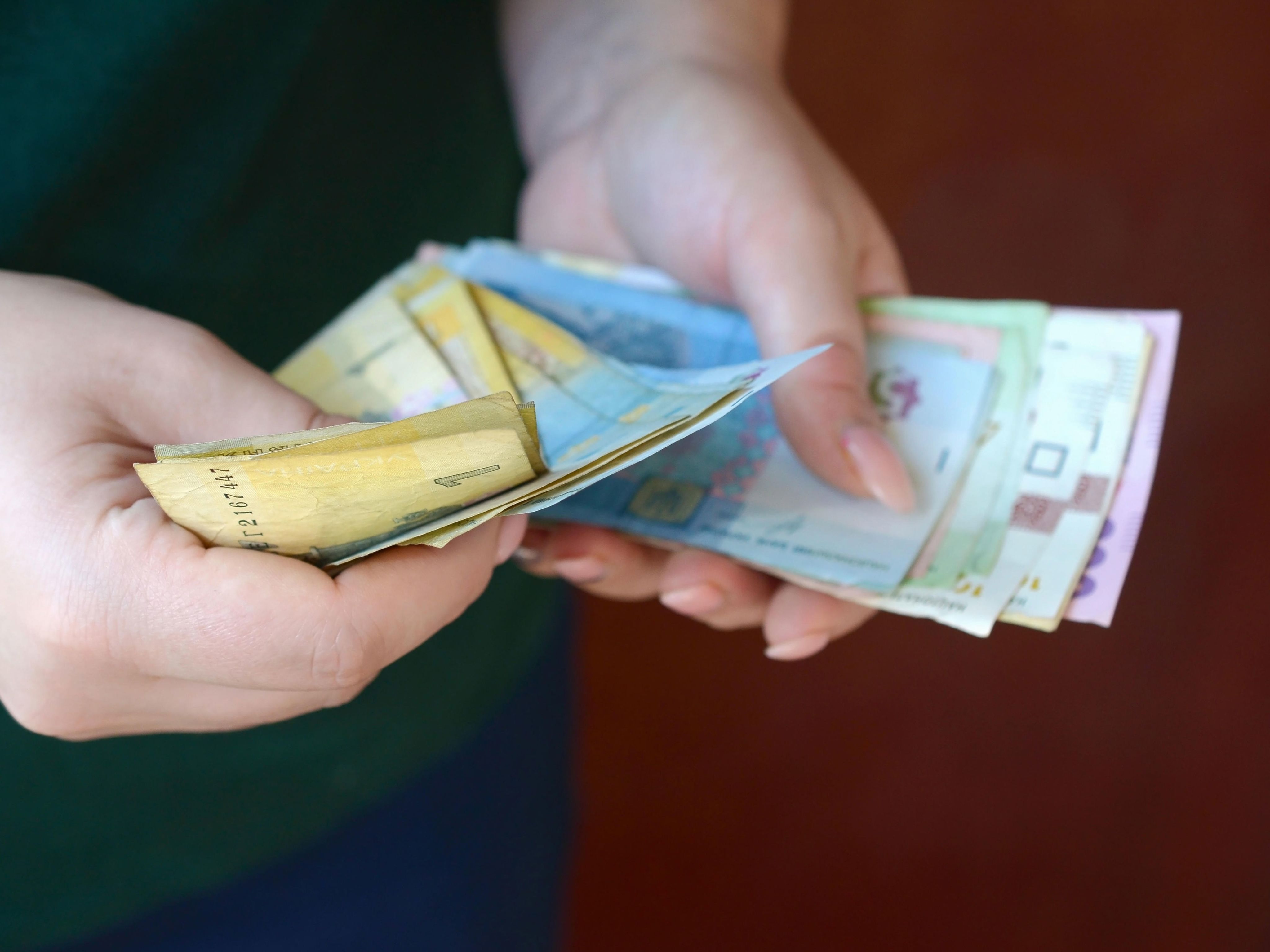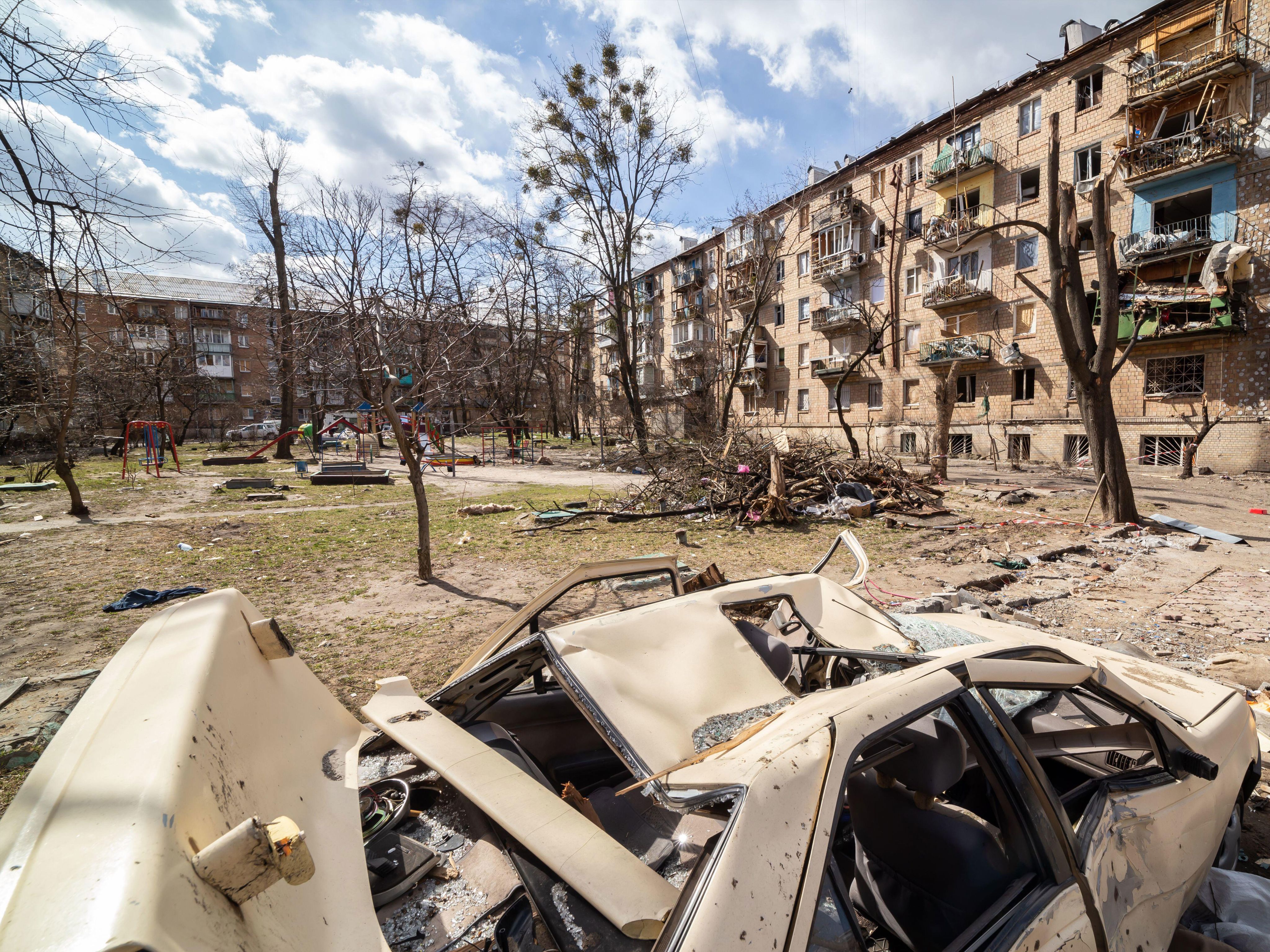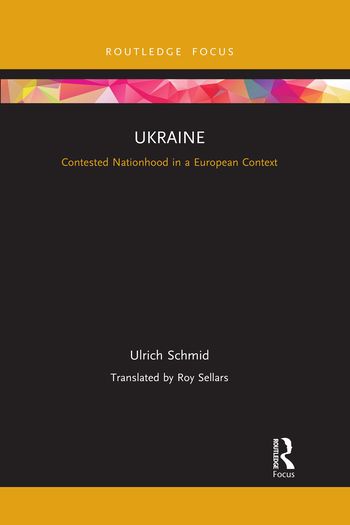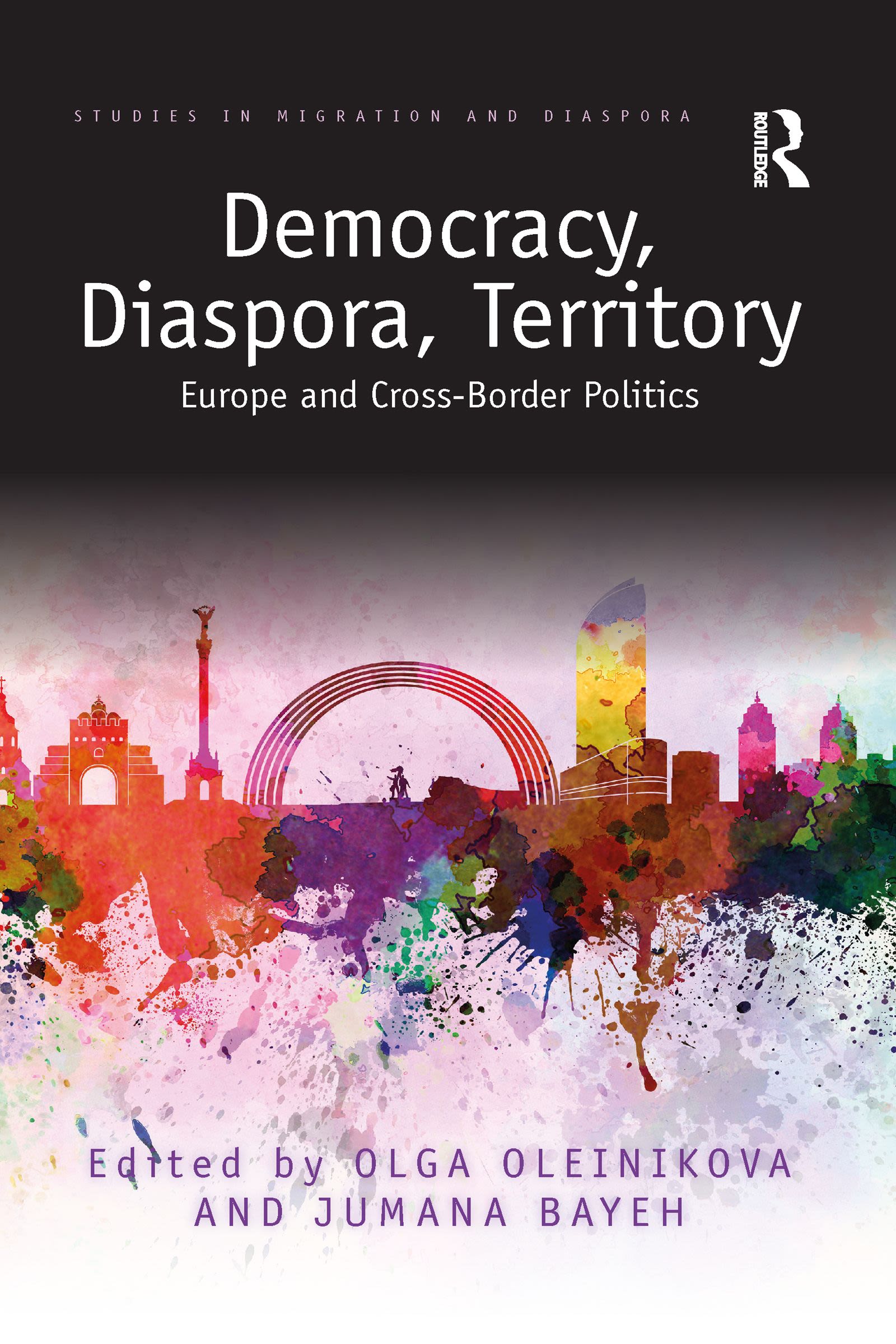Background and geopolitics
Russia's war in Ukraine
Journal articles
4 January 2025
Tracing the path of Sino-Ukrainian relations: From the post-Soviet era to the Russo-Ukrainian War
by Vita Golod and Olga Drobotiuk in the Journal of Contemporary China
Exploring the evolution of Sino-Ukrainian relations, this article analyzes how internal and external factors have shaped their transition from strategic interactions to a trade-focused relationship, culminating in China's current political disregard for Ukraine.
4 April 2025
Dynamics of national identity narratives in Ukraine
by Karina V. Korostelina et al. in National Identities
This study analyzes the transformation of Ukrainian national identity since the 2014 occupation of Eastern Ukraine and the 2022 invasion, highlighting accelerated national homogenization, increased patriotism, and a shift toward a civic national identity.
3 June 2016
National identity in Ukraine: Impact of Euromaidan and the war
by Volodymyr Kulyk in Europe-Asia Studies
This essay examines the Russian aggression on Ukrainian national identity, which followed the Euromaidan protests in 2013 and 2014 after President Viktor Yanukovych chose not to sign an agreement to integrate the country more closely with the EU.
3 June 2016
Between dependence and integration: Ukraine's relations with Russia
by Rilka Dragneva and Kataryna Wolczuk in Europe-Asia Studies
Since it gained independence in 1991, Ukraine's economy has depended heavily on Russia. This article examines Ukraine's response to Russian initiatives and explores how Ukraine aims to extract economic benefits while minimizing its commitments to its eastern neighbor.
25 March 2022
Russia’s attack on Ukraine and the jus ad bellum
by James A. Green in Journal on the Use of Force and International Law
This editorial examines and scrutinizes the legal justifications advanced by President Putin for Russia’s use of military force in Ukraine. The editors also look at the impact on the rules and norms governing the use of force.
21 March 2016
A perfect storm; Or what went wrong and what went right for the EU in Ukraine
by Hiski Haukkala in Europe-Asia Studies
Published in 2016, this article warns of the potential for a breakdown in relations and even conflict between the EU and the West and Russia. It examines the role of the EU in the war between Russia and Ukraine and the problems with the EU’s approach concerning eastern Europe.
30 January 2024
Historical preparation and ideological legitimisation of the Russian invasion of Ukraine: a critical discourse
by Taras Kuzio in the Journal of Contemporary European Studies
The article examines how Russian imperial nationalism, which sees Ukrainians as part of a pan-Russian people, has regressed under Vladimir Putin.
30 June 2019
The Minsk Agreements – more than "scraps of paper"?
by Cindy Wittke in East European Politics
The implementation of the Minsk Agreements, which sought to end the war in the Donbas region of Ukraine, has been persistently flawed and prone to failure. This article investigates the Minsk Agreements’ troubled implementation. It also discusses ways to approach the negotiation and implementation of peace agreements.
8 March 2021
Russia and its allies in three strategic environments
by Nikolai Silaev in Europe-Asia Studies
This article provides a geopolitical analysis of Russian alliance policy in three environments: Russia's immediate post-Soviet neighborhood; more distant regions of the Eurasian continent; and, the global stage.
15 April 2021
Why didn't Ukraine fight for Crimea? Evidence from declassified National Security and Defense Council proceedings
by Adam Charles Lenton in
Problems of Post-Communism
Using recently declassified primary-source materials from Ukraine’s National Security and Defense Council, this article explores the Ukrainian decision not to fight for the Crimea peninsula.
14 March 2019
Russian society and foreign policy: Mass and elite orientations after Crimea
by Thomas Sherlock in Problems of Post-Communism
Most Russians balk at the costs of confrontation with the West. However, Russian elites often differ from the general public in their stronger backing for a more assertive foreign posture. This article examines these differences in attitude.
3 June 2016
The Ukraine Conflict: Russia's challenge to European security governance
by Derek Averre in Europe-Asia Studies
Using recently declassified primary-source materials from Ukraine’s National Security and Defense Council, this article explores the Ukrainian decision not to fight for the Crimea peninsula.
Books and book chapters
Book
The Russian Invasion of Ukraine: Victims, Perpetrators, Justice, and the Question of Genocide
edited by Diana Dumitru and A. Dirk Moses
Originally published as a special issue of the Journal of Genocide Research, the chapters in this book examine crucial facets of the Russian invasion.
This includes Russian sexual violence against occupied Ukrainians, legal prosecutions relating to kidnapped Ukrainian children, and the pursuit of justice at the International Court of Justice.
Book
Ukraine: Contested Nationhood in a European Context
by Ulrich Schmid
This book, published in 2021, explores the common view that Ukraine is a country split between a pro-European West and a pro-Russian East. It looks at the complicated cultural history of Ukraine and highlights the importance of regional traditions for an understanding of the current political situation.
It examines interpretations of Ukrainian nationhood that have been especially influential, such as the Russian tradition, the Habsburg past, and the Polish connections.
It also analyses Ukraine’s political and economic options for the future, including the potential of integrating into the EU, and the effect of NATO on its relationship with neighboring countries.
Book chapter
Diasporic Visions of Democracy and Territory
by Jumana Bayeh in Democracy, Diaspora, Territory: Europe and Cross-Border Politics
This chapter explores the complexity of territory within the field of diaspora studies. It emphasizes a modern perspective of diaspora, framed by deterritorialization.
Book
Religion During the Russian Ukrainian Conflict
edited by Elizabeth A. Clark and Dmytro Vovk
This book investigates how the military conflict between Russia and Ukraine has affected the religious situation in these countries. It considers threats to and violations of religious freedom, including those arising in annexed Crimea as well as in Russia and Ukraine more generally.
 China
China Africa
Africa


